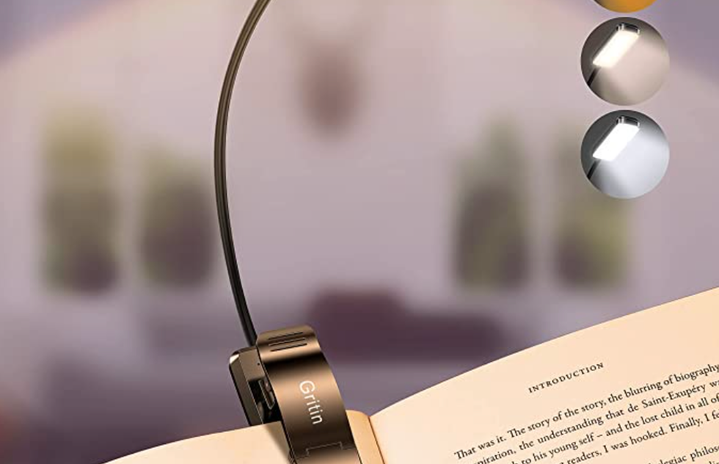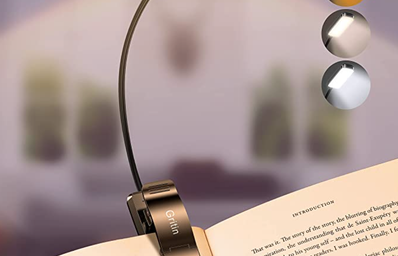Though being forced to stay inside or sit alone in a park are not the ideal environments for most activities to occur, I found both settings to be particularly conducive to reading. As someone who used to check out armfuls of books from the library each week, I was excited to read for fun once again. Faced with mounting assignments, extracurriculars, and college applications in high school, I read only three books for my own enjoyment during my Junior and Senior years, at least before the pandemic hit London (for the record, I read The Sound and the Fury by William Faulkner, Prozac Nation by Elizabeth Wurtzel, and A Year of Biblical Womanhood: How a Liberated Woman Found Herself Sitting on Her Roof, Covering Her Head, and Calling Her Husband “Master” by Rachel Held Evans, most of which I read over school breaks and all of which I would highly recommend). At first, I tried to clear the mental space to read, but with the general anxiety and uncertainty that accompany any pandemic, I found it impossible to metacognize too much, and instead forced myself to simply start reading. Without further ado, here are the books I read over lockdown, accompanied by my thoughts on each:
1. The Grapes of Wrath, John Steinbeck
Perhaps not a typical “fun reading” choice, The Grapes of Wrath had been sitting atop my mental reading list since about the fifth grade, when I asked my mom if she liked it and she said she did (simpler times). Though it was tough to get through, by giving myself a certain number of pages to get through at a time, I quickly became engrossed in the novel, eventually staying up way too late trying to finish the book. Admittedly, The Grapes of Wrath is a hard read because each word, sentence, page, and chapter requires serious thought and reflection. As revealing as the book was about the epoch in which it was written, which was bookended by The Great Depression and World War Two with a Dust Bowl in between, I found that Steinbeck’s attitude towards burgeoning industrialization, capitalism, and the corporatization of agriculture apply even more to our contemporary society, which now accepts these then-novel social phenomena as fundamental to America itself. To be sure, one feels almost voyeuristic while reading Steinbeck’s words on women in his story. The fixation on the sexuality of a prepubescent girl and a pregnant woman, forever, are extremely uncomfortable to read. Yet, these disturbing sections say just as much about 1930s America as do Steinbeck’s intended messages.
2. The Color Purple, Alice Walker
It’s hard to begin my discussion of The Color Purple without mentioning that it became one of my favorite books before I even finished it. Any attempt on my part to summarize or explain it would be a disservice to the complex, loaded, tragic, and beautiful novel by Alice Walker. Eloquently and expertly exploring themes of racism, sexism, sexuality, and spirituality, The Color Purple functions not only as a vehicle for its themes and messages, of which there are many, but also as a piece of fiction that is difficult to set aside. Like The Grapes of Wrath, this is a book that requires a lot of contemplation; however, The Color Purple is more readily readable to the 21st-century reader. Walker manages to weave a story that is rich in both narrative and purpose. I would go as far as to say that The Color Purple shaped my worldview, and would highly, highly recommend it to anyone.
3. This is Going to Hurt, Adam Kay
There was a three-day period over quarantine during which all I did was read This is Going to Hurt, which is the diary of Adam Kay, a former NHS medic, as kept during his time at university and as a medic. Every anecdote is hilarious and disturbing in equal measure. Anyone who reads this will walk away frustrated with the National Health Service in the UK, the lack of universal healthcare in the US, and knowledge about obscure gynecological issues.
4. Catching Fire, Suzanne Collins
I read The Hunger Games trilogy in middle school, so I wasn’t expecting anything more than entertainment when I picked up this series again. Fortunately, Catching Fire was actually way better than I recalled. Older and politically wiser, the book meant a lot more to me this time around. Collins imbues the suspenseful and, yes, entertaining novel with complex allegory. Supplemented with the movie adaptation, this book made for a particularly enjoyable week indoors.
5. Mockingjay, Suzanne Collins
Same idea as above, but with more tears and less faith in American politics.
6. Know My Name, Chanel Miller
This book must move beyond Duke required reading to universal required reading. I have never been thrown so completely and painfully into the life of another. Like The Color Purple, Know My Name is such a horrifying and exquisitely argued and written book that it would be misguided to attempt to summarize it. To be human is to be dismantled and to reconstruct oneself, and as Miller destroys and rebuilds herself, the book will tear you apart in fits of nausea and tears and wrap you back together a more empathetic and infuriated person.
7. A Confederacy of Dunces, John Kennedy Toole (started)
Though I didn’t have the chance to finish this book, so far, it has created a world so vivid and exaggerated that the “real world” feels dull and grey after returning from a read. Toole’s humour is grotesque, with the main character Ignatius being the epitome of sloth and gluttony. Ludicrous and sharp, A Confederacy of Dunces is otherworldly without having to depart from this earth.
8. The Scarlet Letter, Nathaniel Hawthorne (started)
I’ll admit it, I’m only a few dozen pages into this classic, yet I’ve already read enough to know that, if I could write like any author, I’d choose Hawthorne without hesitation (well maybe a little hesitation, considering how much I adore Sylvia Plath). This commentary on
Puritan New England and America in general, on this world’s readiness and eagerness to villainize and victimize women, to burn pitchforks, to hold witch hunts and label outsiders.


